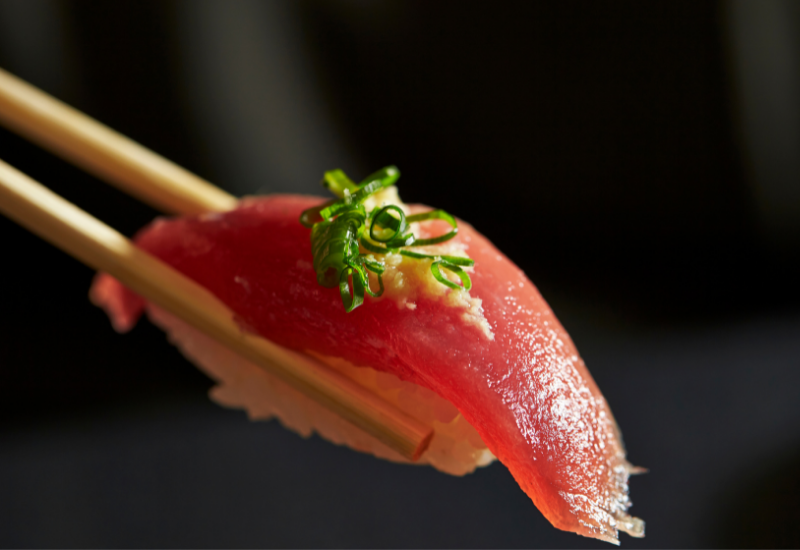Behind The Success of Sushi Chefs
Japanese food has earned its name as one of the world’s most loved cuisine with the intricate processes it requires to craft delicacy out of every single dish. The love for sushi has grown tremendously in various parts of the globe, as it makes its way into the hearts of so many food lovers and diners. The traditional, authentic flavors that make people see Sakura Cherry Blossom petals in the air or even a sea of Wakame seaweed afloat has captured the attention of all chefs and professionals with uniqueness and a taste to always remember.
Japanese sushi chefs go through numerous stages of fierce practice in which involves the mastery of skills required to perform all tasks in the cooking processes perfectly. The selection of fresh, quality ingredients will involve techniques and observation skills only chefs would know, although people find it a basic skill that does not seem all special. A slightest change in ingredients or seasonings would also affect the entire dish as a whole. With this in mind, Japanese sushi chef hopefuls would have to go through so many hardships as they train themselves before earning their absolute, long-term fame.
As all Japanese dishes require utmost patience, understanding of all components, and the dedication to bring out each ingredient’s unique flavor, Japanese food chefs go through more training sessions and hard-core practice than other chefs in general – not to say that they are more skilled in a way, but as Japanese food itself requires the delicacy and subtleness in each every process, one has to pay high attention to every single detail in the crafting of all dishes. With this being the challenge, some Japanese chef hopefuls believe sushi is just made up of a few components – seaweed, rice, a topping, and that’s all it is. However, they are completely wrong. It can take up to a decade to master all the skills and earn the badge of being a true Japanese sushi chef.
Why the Prestige?
In Japan, a career as a sushi chef is a highly respectful, prestigious career. Extremely intricate and careful in awarding the prestige, a Japanese head chef holds highest responsibility standing in front of the chopping board facing the diners. The confidence, deep understanding of all dishes and its components, as well as the faith in all processes will determine the chef’s ability to handle all preparations. With this being highly essential, the prestige an ‘Itamae’ or ‘head chef’ holds is extremely stressful. However, once the name has earned its fame, success is just within reach.
Essential Skills
Not only do Japanese sushi chefs go through various stages of practice which involves the selection of fine ingredients and how to season them according to their original flavors, the blade skills essential to cut, slice, and chop ingredients are probably what takes longest time to master. The mastery of Japanese knife skills is truly challenging, yet worth the hard work. It is important to make sure slices and cuts of raw ingredients like Salmon or Tuna will be perfect and clean – served in an appropriate manner to provide the sushi aesthetic diners would wish to witness in an Omakase restaurant. The balance of rice, vinegar, sugar, and salt proportions would also have to be monitored in order to create just the right flavor that compliments the topping. Rice forming is a precision skill every Japanese sushi chef has to learn as it affects the overall taste of the sushi piece. With so many skills Japanese sushi chef hopefuls have to go through, the challenges they have to overcome, and the confidence along with the faith in themselves required to serve as armors to their fears, becoming a professional chef in the Japanese food industry truly means so much in life.
